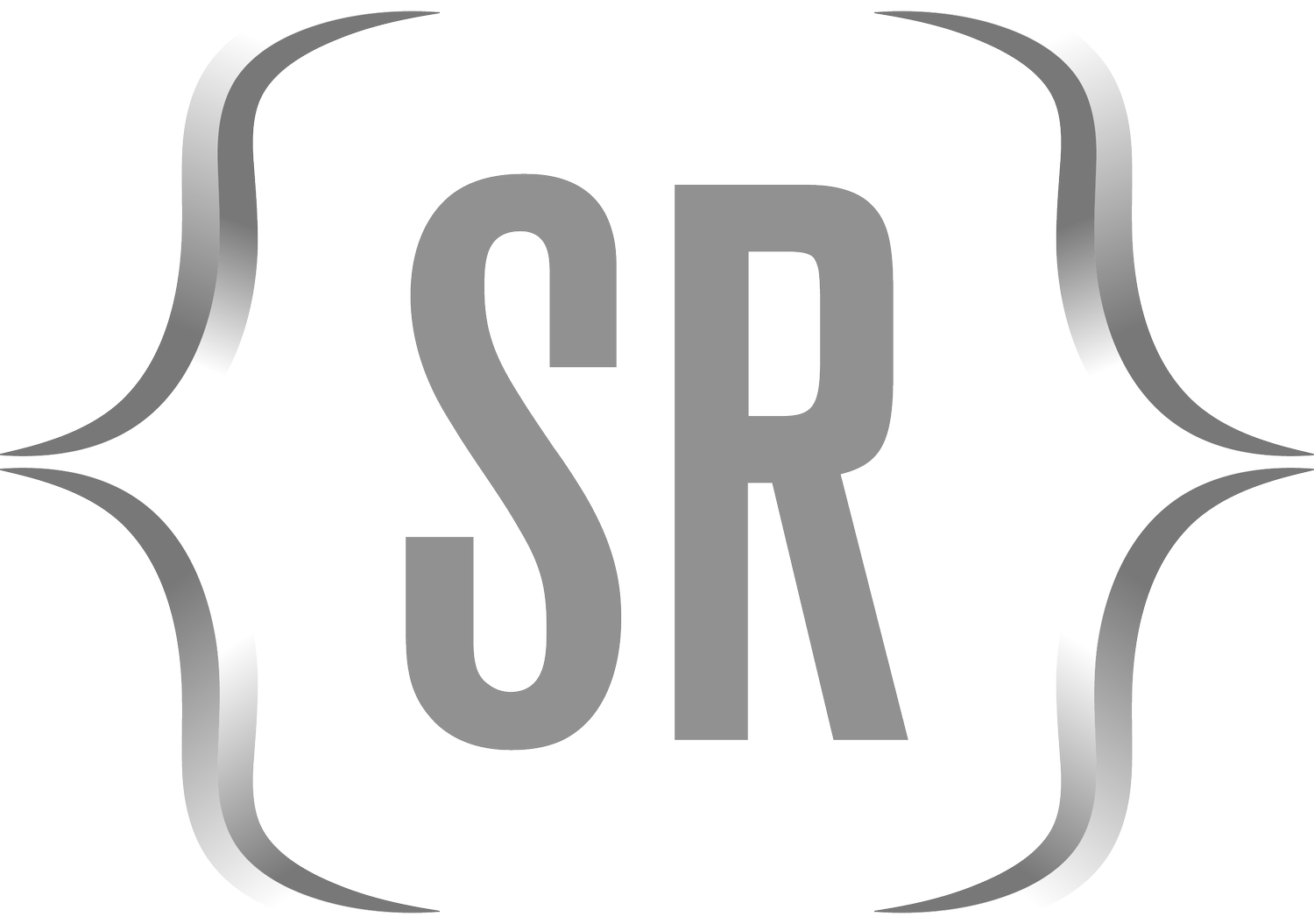The “as.POSIXct” Function in R
Package: Base R (no specific package required)
Purpose: Converts a date-time object to a POSIXct object, representing a date-time as the number of seconds since the specified origin.
General Class: Data Transformation
Required Argument(s):
x: An R object to be converted to a POSIXct object. Typically, a character string, numeric value, or a date-time object.
Notable Optional Arguments:
tz: A character string specifying the time zone to be used for the conversion. If not provided, the system’s time zone is used.
origin: A numeric value representing the reference point in time (origin) for the conversion. It is the number of seconds between the specified origin and the epoch (1970-01-01 00:00:00 UTC).
Example:
# Example data for using the as.POSIXct function
datetime_string <- "2023-12-06 12:30:00"
# Use as.POSIXct to convert a character string to a POSIXct object with a specified origin
custom_origin <- as.POSIXct("1960-01-01")
posixct_result <- as.POSIXct(datetime_string, tz = "UTC", origin = custom_origin)
# Display the result
print(posixct_result)In this example, the as.POSIXct function is used to convert a character string (datetime_string) representing a date and time to a POSIXct object (posixct_result). The tz argument specifies the time zone for the conversion, and the origin argument is used to set a custom origin for the POSIXct class.
